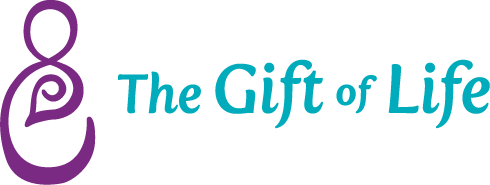Healthy Start: Nurturing Health, Preventing Disparities
Healthy Start Initiative programs like those offered by Gift of Life are community-driven and served underserved populations. Since its initiation in 1991, Healthy Start has served thousands of families. Over 90% of all Healthy Start families are African American, Hispanic, or Native American. Healthy Start specializes in outreach and home visiting — the surest way to reach the most at-risk women and families.
Healthy Start focuses on getting women into prenatal care as early in the pregnancy as possible. It is generally accepted by the medical and research community that early entrance into prenatal care is the single most critical factor in improving birth outcomes.
Healthy Start projects like Gift of Life have all developed a consortium composed of neighborhood residents, clients, medical providers, social service agencies, faith-based representatives and the business community. This ensures that the whole community is committed to reducing infant mortality, pre-term birth and low birthweight. Major U.S. cities as well as urban counties have a disproportionate number of poor and minority families living within their boundaries. Yet, the amount of federal discretionary dollars going directly to these areas has decreased dramatically in the last 20 years. Healthy Start represents one of the few health and social service programs that is funded directly to local communities by the federal government.
Currently, there are 105 federally-funded Healthy Start projects located in 39 U.S. states, the District of Columbia and Puerto Rico and five main types of Healthy Start grants: Perinatal Health, Border Health, Interconceptional Care, Perinatal Depression and Family Violence.
The common principles underlying the Healthy Start program are:
Innovations in service delivery
Community commitment and involvement
Personal responsibility demonstrated by expectant parents
Integration of health and social services
Multi-agency participation
Increased access to care
Public Education
Healthy Start projects address multiple issues, including:
Providing adequate prenatal care
Promoting positive prenatal health behaviors
Meeting basic health needs (nutrition, housing, psychosocial support)
Reducing barriers to access
Enabling client empowerment


